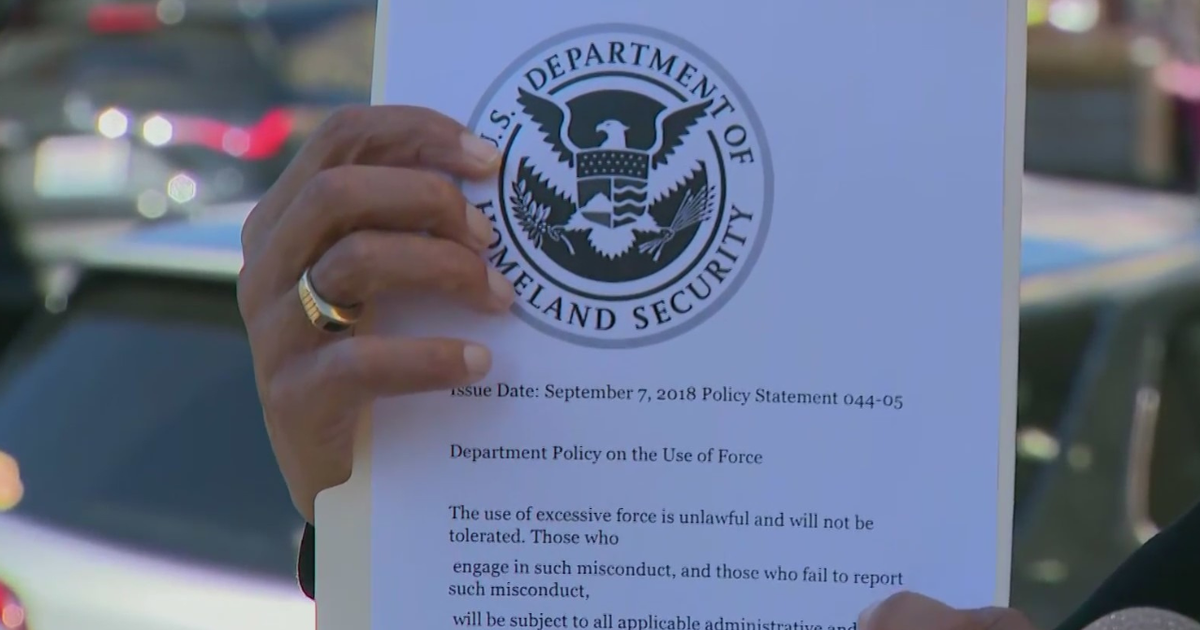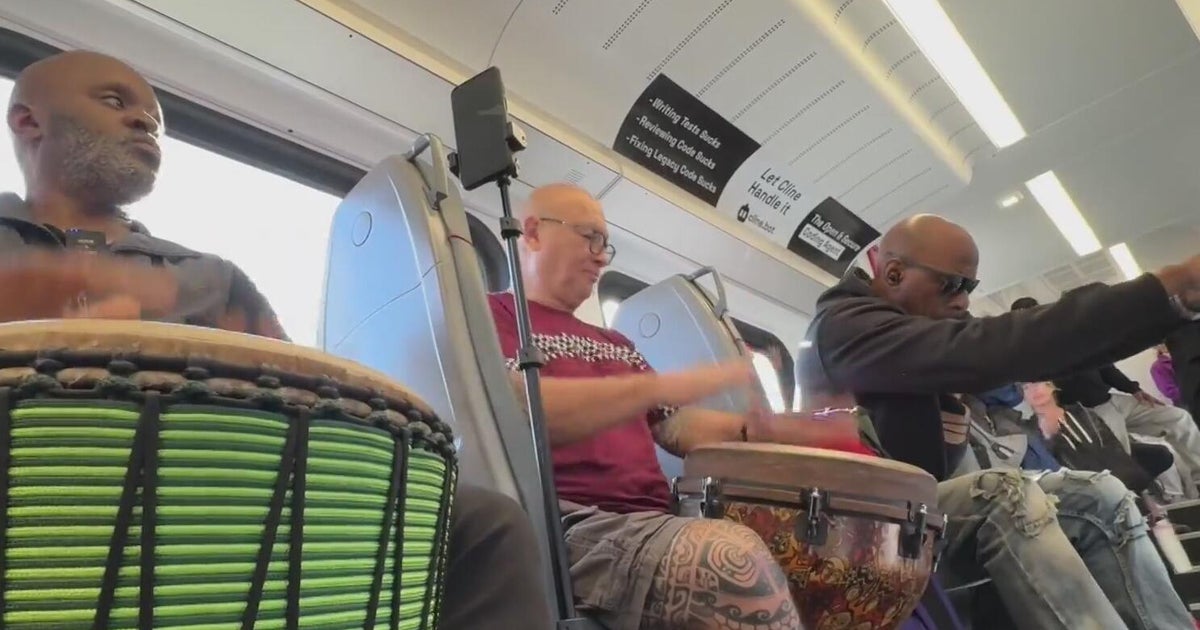California Supreme Court Weighs In On Marriage Separation
SAN FRANCISCO (AP) — California couples thinking about ending their marriage got guidance Monday from the state Supreme Court: They must live in different homes to qualify as legally separated and keep some of their income from their spouse during any divorce proceedings.
The court's unanimous ruling clarified what it means for a couple to separate. Under state law, income and property each spouse has during the marriage is considered community property to be divided between them in a divorce.
However, that changes when they separate, and each spouse gets to keep whatever they earn.
Couples often separate years before they divorce, taking all the money they earn after separation off the table in determining community property.
The separation date can also affect spousal support payments.
At issue in Monday's ruling was whether a couple that continues to live in the same home can qualify as separated for purposes of dividing assets. The Supreme Court said they cannot.
After reviewing the history of the law governing separation and assets, the court said it was convinced the Legislature intended for there to be separate residences as well as an accompanying demonstrated intent to end the marital relationship.
"The Supreme Court says no matter if people are seeing other people or have separate bank accounts, if they're still in the same house they cannot be separated," said Andy Cook, a family law attorney in San Diego who has been following the case.
The ruling came in the case of Keith and Sheryl Davis. Sheryl Davis filed for divorce in 2008 and listed the date of separation as June 2006, even though the couple lived under the same roof until July 2011.
Sheryl Davis said she told her husband in 2006 that she was through with their marriage, and the two began acting more like roommates, taking their kids on separate vacations and using separate cars on back-to-school nights, according to court documents.
Keith Davis listed the separation date as July 2011. He had left his job in 2006 while Sheryl Davis started working full-time that year and substantially increased her earnings, according to the state Supreme Court.
Lower courts sided with Sheryl Davis but the state Supreme Court overruled those decisions.
A call to Sheryl Davis' attorney, Lilia Duchrow, was not immediately returned.
(© Copyright 2015 The Associated Press. All Rights Reserved. This material may not be published, broadcast, rewritten or redistributed.)







